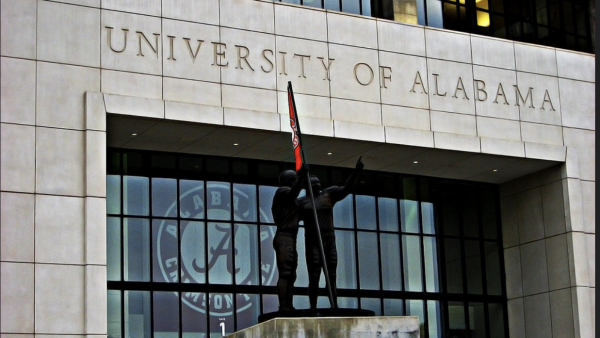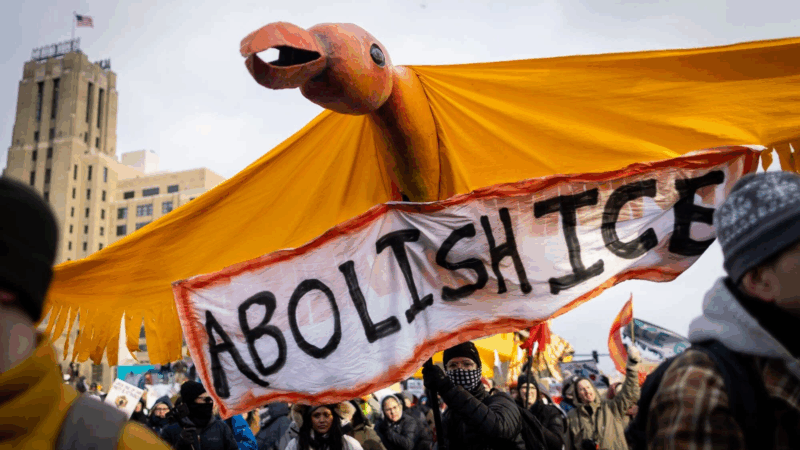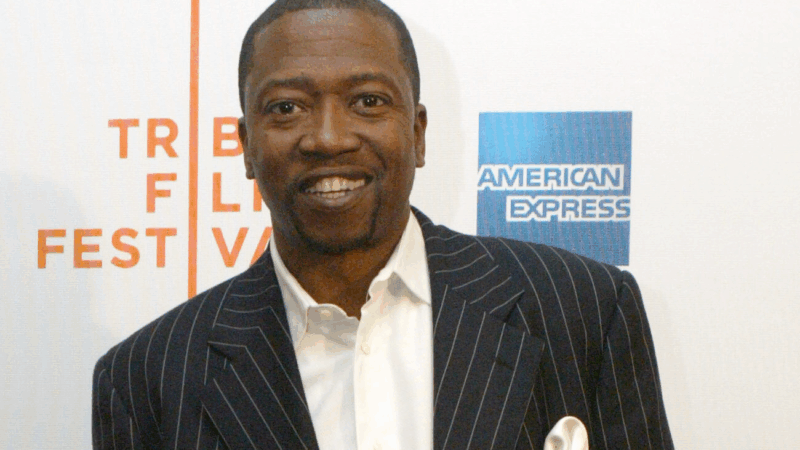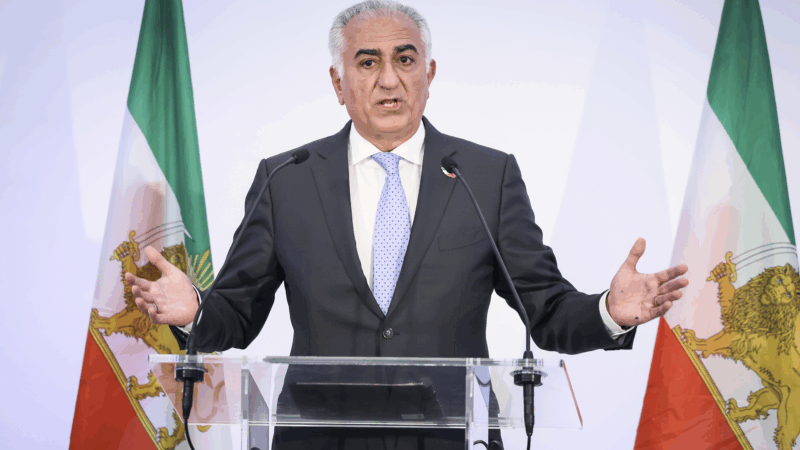UA to Consider Returning $21.5 Million in Dispute with Donor
Attorney Hugh Culverhouse Jr. has given tens of millions of dollars to the University of Alabama. But earlier this week in response to the state’s strict abortion ban, Culverhouse called for a boycott of the school, and he urged businesses to do the same.
Culverhouse says the university depends on tuition dollars, particularly from out of state students. He says seeing that money dry up would send a clear message to state leaders.
“A boycott could wake up a lot of people,” he says, calling Alabama’s law unconstitutional and dangerous. “Why are you hurting women? Why are you criminalizing doctors?”
Officials at UA say they have been in an ongoing dispute with Culverhouse over demands he had made around how the law school is run. A statement from the university says last week Culverhouse asked the school to return $10 million he had given. The statement says donors do not dictate the actions of university administration.
Keith Whittington, a professor of politics at Princeton University, says it is not unheard of for there to be friction between donors and universities. But he says this conflict appears to be different.
“In this case part of what the donor is interested in is trying to influence state government officials. And the university of course doesn’t have any direct control over that,” Whittington says. “It’s unusual for a donor to try to leverage their interest in a university to try to make this larger political point.”
UA officials say the system’s chancellor will recommend the board of trustees return Culverhouse’s gift and remove his name from the law school. The board could vote on that decision next week.
But Culverhouse on Thursday told WBHM his beef with the university is over and he does not want the money back. He suggests his opposition to the abortion law is what is driving school leaders to consider returning his check.
The University of Alabama declined further comment.
Photo by Corey.C
Editor Note: The University of Alabama sponsors some programming on WBHM, but our news and business departments operate independently.
Bob Weir, guitarist and founding member of the Grateful Dead, has died at 78
For three decades with the Grateful Dead and three more after the group ended following the 1995 death of his bandmate Jerry Garcia, Weir helped build and sustain the band's legacy across generations.
Nationwide anti-ICE protests call for accountability after Renee Good’s death
Activist organizations are planning at least 1,000 protests and vigils this weekend. Officials in major cities cast Saturday's demonstrations as largely peaceful.
Veteran actor T.K. Carter, known for ‘The Thing’ and ‘Punky Brewster,’ dies at 69
T.K. Carter gained fame as Nauls the cook in John Carpenter's 1982 horror classic, "The Thing."
Who is Reza Pahlavi, the exiled Crown Prince encouraging demonstrations across Iran?
In exile for nearly 50 years, Iran's Crown Prince Reza Pahlavi has issued calls urging Iranians to join protests sweeping the country. But support for him may not be clear cut.
US launches new retaliatory strikes against ISIS in Syria after deadly ambush
The U.S. has launched another round of strikes against the Islamic State in Syria. This follows last month's ambush that killed two U.S. soldiers and an American civilian interpreter.
6 killed in Mississippi shooting rampage, authorities say
The alleged gunman, 24, has been charged with murder after the Friday shootings in northeast Mississippi. The victims include his father, uncle, brother and a 7-year-old relative, authorities said.






